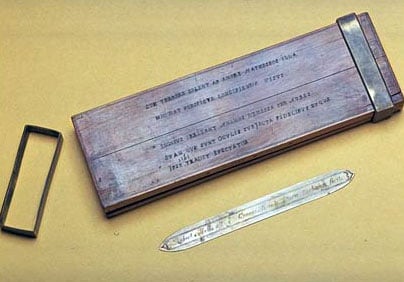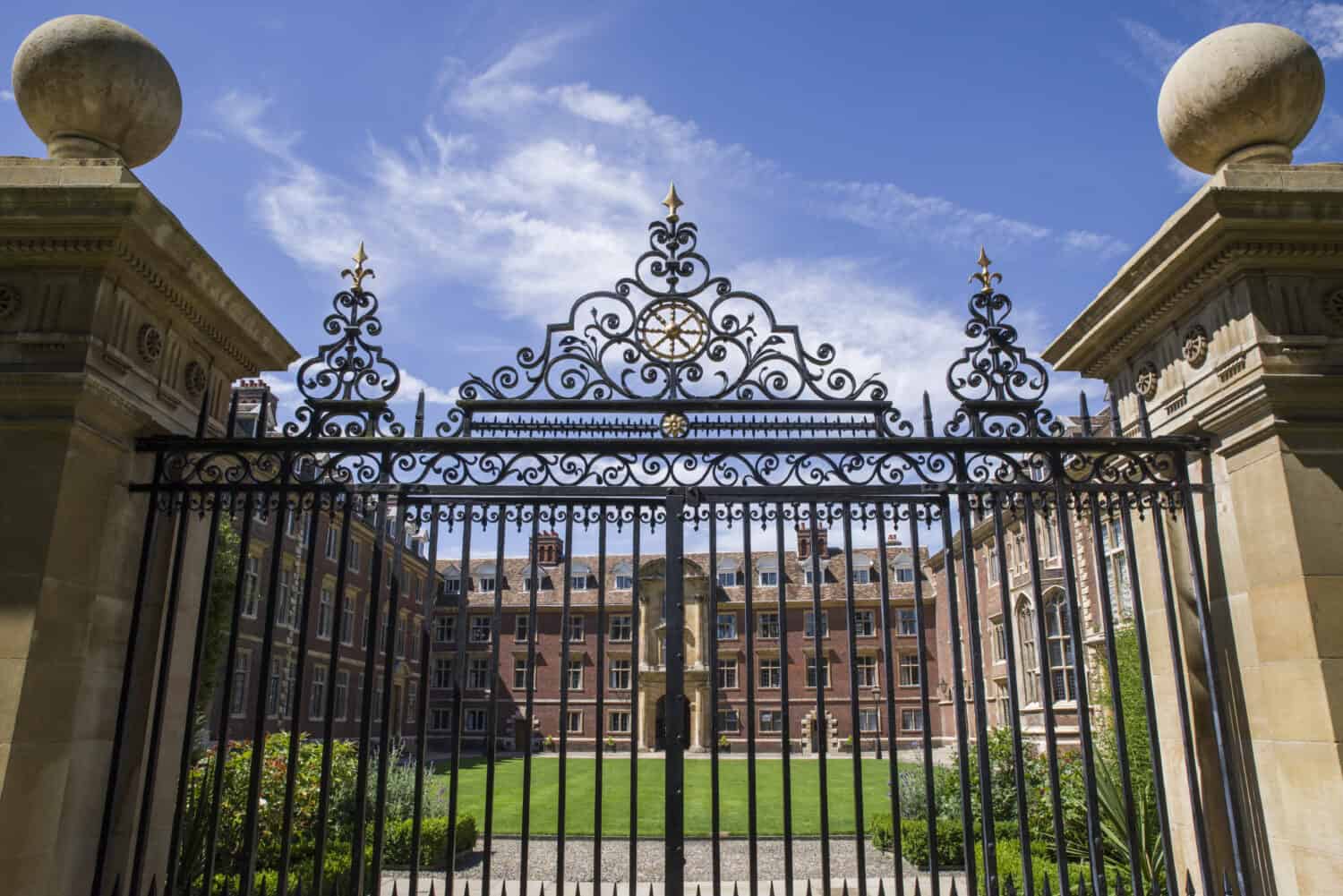Born in 1615, Charles Cotterell was an English courtier who wore many hats throughout his life. He worked as a translator but became the master of ceremonies in King Charles I’s court until the king was executed in 1649. He was also knighted in 1644. Cotterell was exiled and lived in Antwerp for a time but then became the steward to the Queen of Bohemia. He later worked as a secretary to the Duke of Gloucester, served again as the master of ceremonies for King Charles II, and was a member of Parliament. All throughout he continued his translation work, and in 1667 he suggested a new idea for a calculating instrument.
Charles Cotterell’s Arithmetical Compendium
Sir Charles Cotterell (1615–1701) theorized a new calculating instrument in 1667. Cotterell was a translator and English courtier, and he called this new instrument Arithmetical Compendium (Instrument for Arithmetick). It was a combination of Napier’s rods with a bead abacus, used to avoid writing down the partial products of multiplication using the rods. Cotterell’s idea, however, was published several years later, circa 1670, when the scientific instrument maker Robert Jole (brother in the Clockmakers’ Company, based in London), produced his version of the device (see the photos below).

©© National Museums Scotland

To use Cotterell’s device, the user slides a window up and down, unveiling different sections of the mystical timestable. The multiplicand was right there on the edge of the instrument frame, making this a handy gadget for calculating.
Born in Wilsford, Lincolnshire, Cotterell was an Englishman who attended Queens College, Cambridge. He went on to serve the Earl of Pembroke in both courtly and military capacities until his knighthood in Oxford in 1645.

©chrisdorney/Shutterstock.com
Unfortunately, when the King was executed in 1649, Cotterell, along with his wife and elder daughter, decided to accompany Aylesbury and the Duke of Buckingham into exile in Antwerp. However, he moved on to serve the Queen of Bohemia as he continued his translations. In 1655 Cotterell was appointed as adviser to the Duke of Gloucester and fought in three campaigns in Flanders. Later he served in Parliament. He died on June 7, 1701.
The image featured at the top of this post is ©© National Museums Scotland